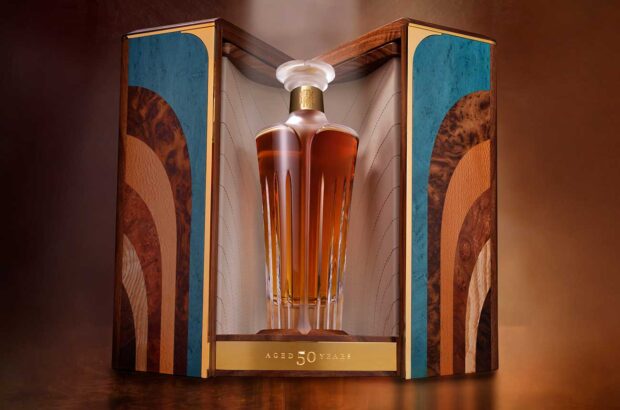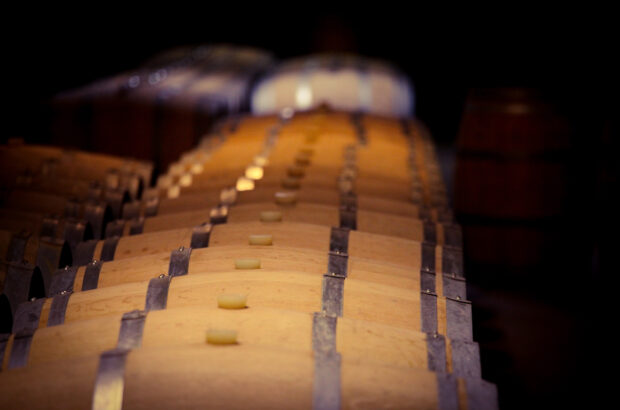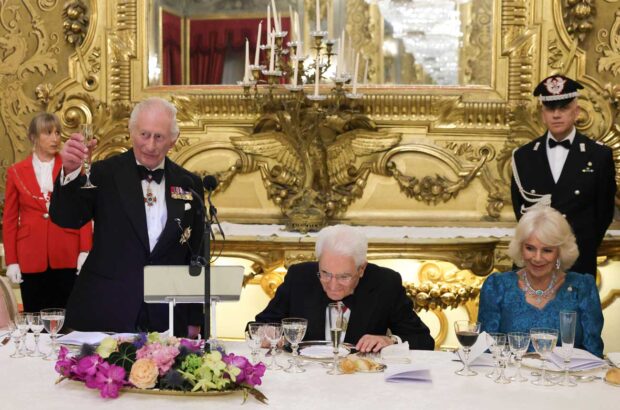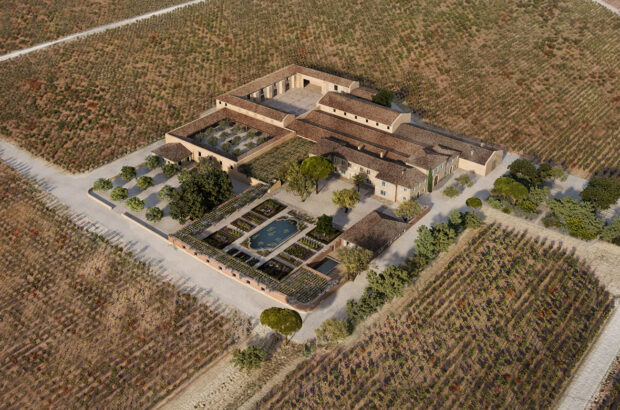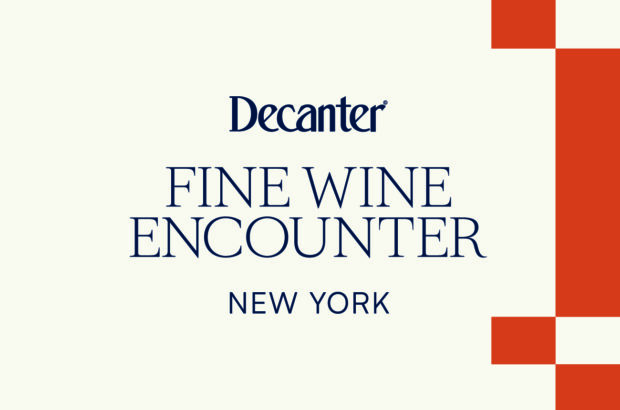The wine world is reacting with fury to a Channel 4 documentary suggesting most wine is so industrially processed as to be little more than ‘alcopop’.
‘Dispatches’, C4’s flagship investigative programme, screened in the UK on Monday night.
It lists dozens of additives found in wine, from yeast to egg, milk and gelatine, tannins, ascorbic and tartaric acid, clay enzymes and ‘malolactic bacteria’ and quotes critic Malcolm Gluck saying, ‘Many, many wines are no better than alcoholic cola.’
Blossom Hill, Jacob’s Creek, Hardys and other producers are cited as admitting to using many of these additives.
At the same time the programme describes recent genuine scandals such as the 70m litres of Italian wine that were found to be adulterated with water, sugar, and – allegedly – hydrochloric acid.
Huon Hooke, one of Australia’s most respected wine writers and a Decanter contributor, said in the Sydney Morning Herald it was ‘outrageous and completely wrong’ to believe Australian winemakers misled buyers.
The Australian Wine and Brandy Corporation has called the programme ‘a beat up’ and said likening wines to alcopops is ‘a throwaway line.’
Spokesman Steve Guy said, ‘Of course they add yeast. Yeast is the organism that turns sugar into alcohol. It’s totally misdirected to criticise winemakers for using yeast.’
Both ascorbic and tartaric acid were naturally present in grapes, he said. Similarly, eggs, milk and gelatine, were ‘natural things’ known to be ‘used in wine production for centuries.’
Bill Hardy of Hardys told decanter.com he thought the programme was ‘muck-raking sensationalism designed to scare’.
Christophe Mangeard of Bordeaux negociant Yvon Mau said, ‘There are no dangerous additives in wine. It is one of the most tightly controlled of all agricultural products. Oenological products are then added, such as citric acid, bentonite or sulphur, but are all carefully controlled by the EU.’
The programme also takes the wine industry to task for not disclosing additives on labels.
Industry watchdog the Wine and Spirits Trade Association says it would simply cost too much. ‘No two batches of grapes are the same. This variance and the need to translate materials into 27 languages to satisfy EU single market requirements mean precise labelling for wine covering full ingredients would be massively expensive.’
Jancis Robinson MW – who is interviewed on the programme – disagrees. ‘I don’t buy this argument,’ she says on www.jancisrobinson.com. ‘Food manufacturers…have complied with the much more demanding regulations governing food labelling for years.’
Additional reporting by Jane Anson in Bordeaux
Written by Adam Lechmere


